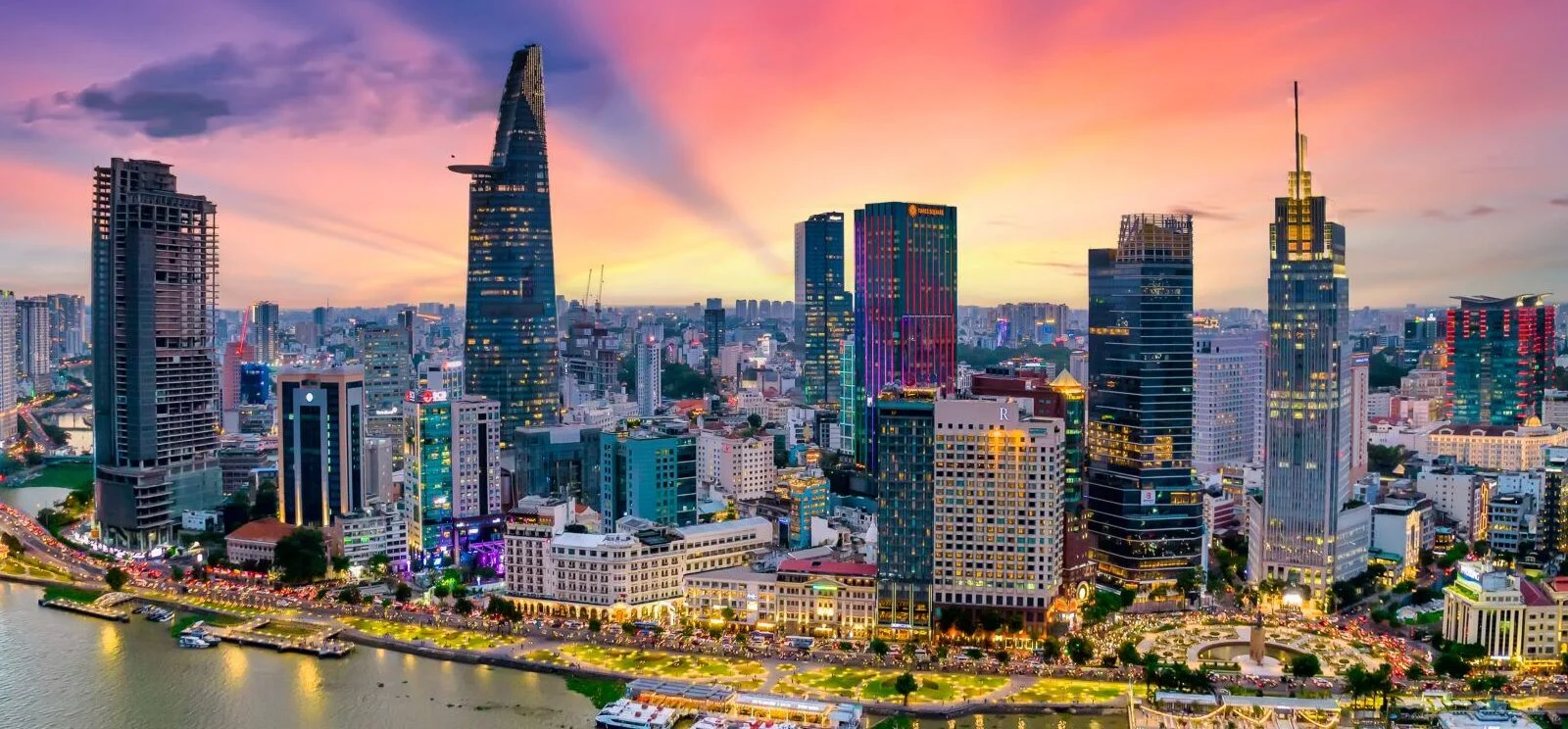7 Things to Know Before Visiting Vietnam

Vietnam is historically, culturally, and naturally rich, and therefore one of the world’s favorite holiday spots from Singapore and beyond. From unearthing the colonial past of Hanoi, cruising Ha Long Bay, to basking at Da Nang’s beaches, a Vietnam vacation is one to remember. To make your experience smooth and enriching, here are seven things you should know before you sign up for your Vietnam tour package from Singapore.
1. Have Your Visa in Hand
Prior to flying from Singapore to Vietnam, arrange your Vietnam visa. Singaporeans can visit visa-free for up to 30 days, as of 2025, but if you’re staying longer, apply through the official Vietnam e-visa website. Processing is 3–5 days. To make life easier, get your visa arranged through your Singapore-based tour operator.
2. Plan Your Vietnam Itinerary in Advance
The Vietnamese terrain varies from the northern cool hills to the southern beach coasts. Create an even-balanced itinerary with the following highlights:
-
Hanoi (street food and culture)
-
Hoi An (UNESCO heritage town)
-
Da Nang (beach and Ba Na Hills)
-
Ho Chi Minh City (urban life and Cu Chi Tunnels)
Pro tip: Hire a trusted Vietnam tour agency in Singapore to tailor your itinerary, schedules, and even quirky add-ons.
3. Book Through a Singapore Travel Agency
Instead of DIY, let someone else take the stress out of your Vietnam holiday with a Singapore luxury travel agency. They offer full-service Vietnam holiday packages with flights, accommodation, transfers, and local tours — with customer service and destination expertise. Tailwinds Travels is one such agency that offers geo-optimized, bespoke holiday experiences.
4. Learn Vietnamese Currency
The Vietnamese currency is the Vietnamese Dong (VND). Credit cards are only taken in big cities. Towns and markets accept cash. Cash is preferable for street food, taxis, or shopping. Banks or exchange counters give a better rate, not the airport.
5. Bargaining Is Part of the Experience
In Vietnamese street stalls and local markets, it is the norm to bargain. Make a first offer of 50–60% of the quoted price, and negotiate with a smile. Do not negotiate in supermarkets and upscale stores. With a local guide included in your Vietnam package tour from Singapore, you can negotiate for good bargains.
6. Find Out When to Visit Vietnam
The best time to visit depends on the area:
-
North (Hanoi, Sapa): November to March
-
Central (Da Nang, Hoi An): February to May
-
South (Mekong Delta, Ho Chi Minh City): December to April
Steer clear of Tet Festival (Vietnamese New Year), when services are limited and prices increase. Pre-book with your agency for a smooth trip.
7. Clever Packaging Strategies for Vietnam
Vietnam’s changeable weather demands intelligent packing:
-
Clothing: Lightweight cotton clothes for the south; layers for the north
-
Essentials: Sunscreen, insect repellent, refillable water bottle
-
Travel Documents: Passport, visa, insurance, and printed itinerary
-
Electronics: 220V plugs — pack a universal adapter
Conclusion
Planning a Vietnam trip from Singapore is easy if you’re prepared. With the right visa, an open-ended plan, and the help of a reputable Singapore travel agency, you can simply sit back and enjoy. From street corner pho to panoramic views, Vietnam is a journey to be enjoyed. Start your adventure today with Tailwinds Travels — your source for Vietnam vacations from Singapore.
Recent Posts
- Your Visa Isn’t Here Yet? Read these Quick Actions before you Panic
- How to avoid visa scams in Singapore: fake visa agents, online fraud, and safe visa processing
- Kashmir Tour Packages from Singapore – Your Complete Travel Guide to Paradise
- 7 Once-in-a-Lifetime Experiences Only in Egypt
- Cherry Blossom 2026: Best Places to See Sakura Blooms from Singapore
